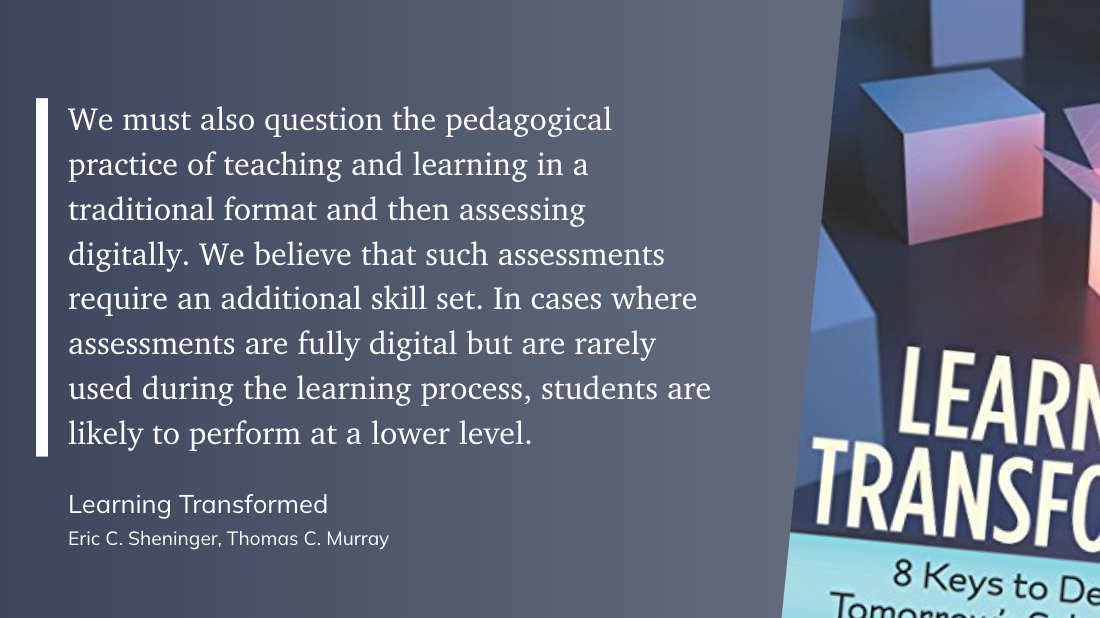
Ideas rot if you don’t do something with them. I used to try to hoard them, but they rotted. Now I just blog them or tell people about them. Sometimes they still rot, but sometimes someone finds them useful in one way or another.
Edd Dumbill
Herein lies the essence of this site. It’s a public brain dump of my thoughts and cool things I find.
More of us should do this kind of “public scholarship” to enrich all lives, especially our own.
But the truth is that the new media ecosystem, combined with a rapidly evolving publishing industry and renegotiations of public spaces, has opened up myriad opportunities and ways to make scholarship more visible and useful for wide audiences outside of academe.
Christopher Schaberg
Find ways to share your thoughts and discoveries with the world, regardless of how minor you think they may be.
Someone is waiting.
The Eclectic Educator is a free resource for everyone passionate about education and creativity. If you enjoy the content and want to support the newsletter, consider becoming a paid subscriber. Your support helps keep the insights and inspiration coming!



